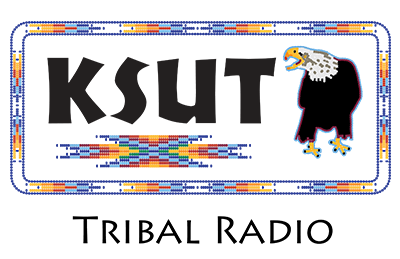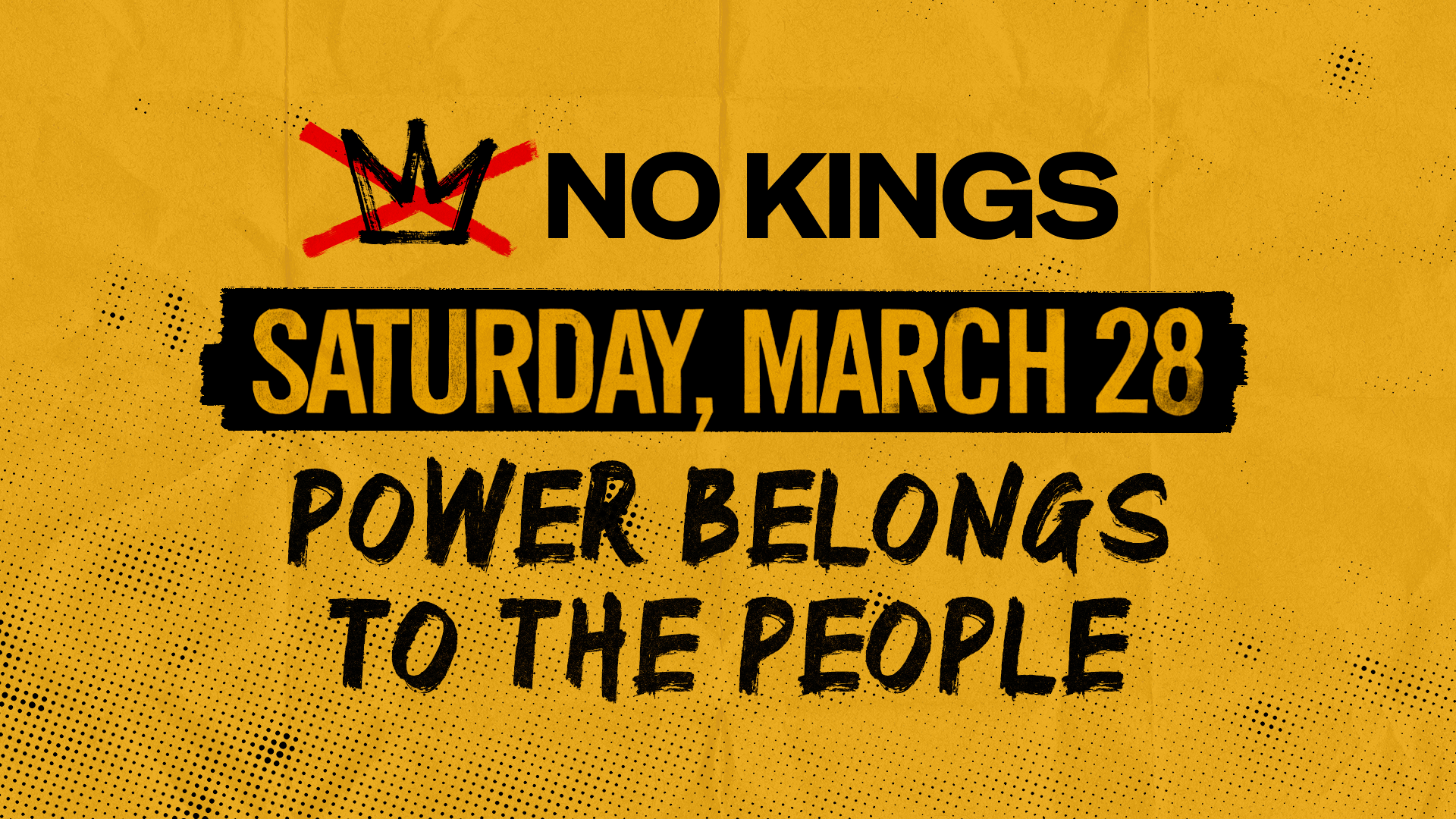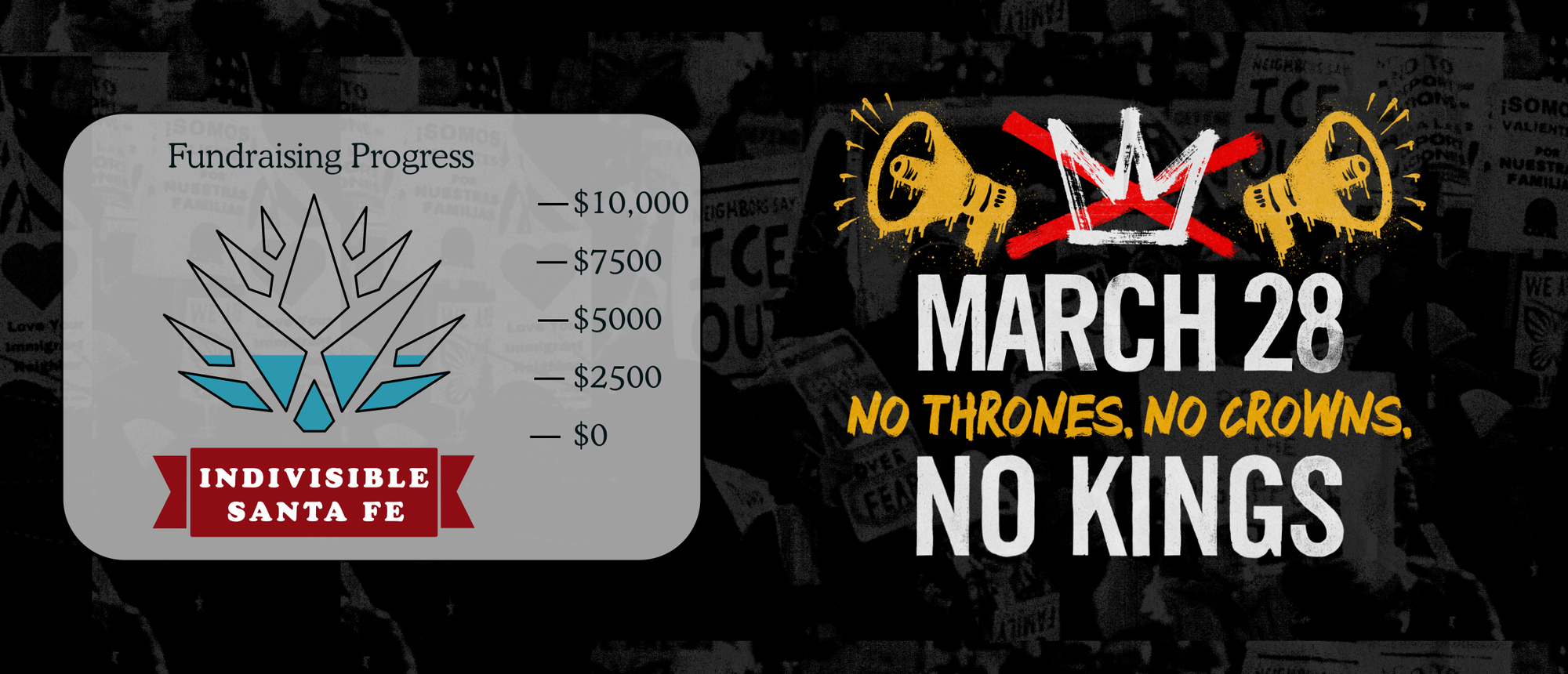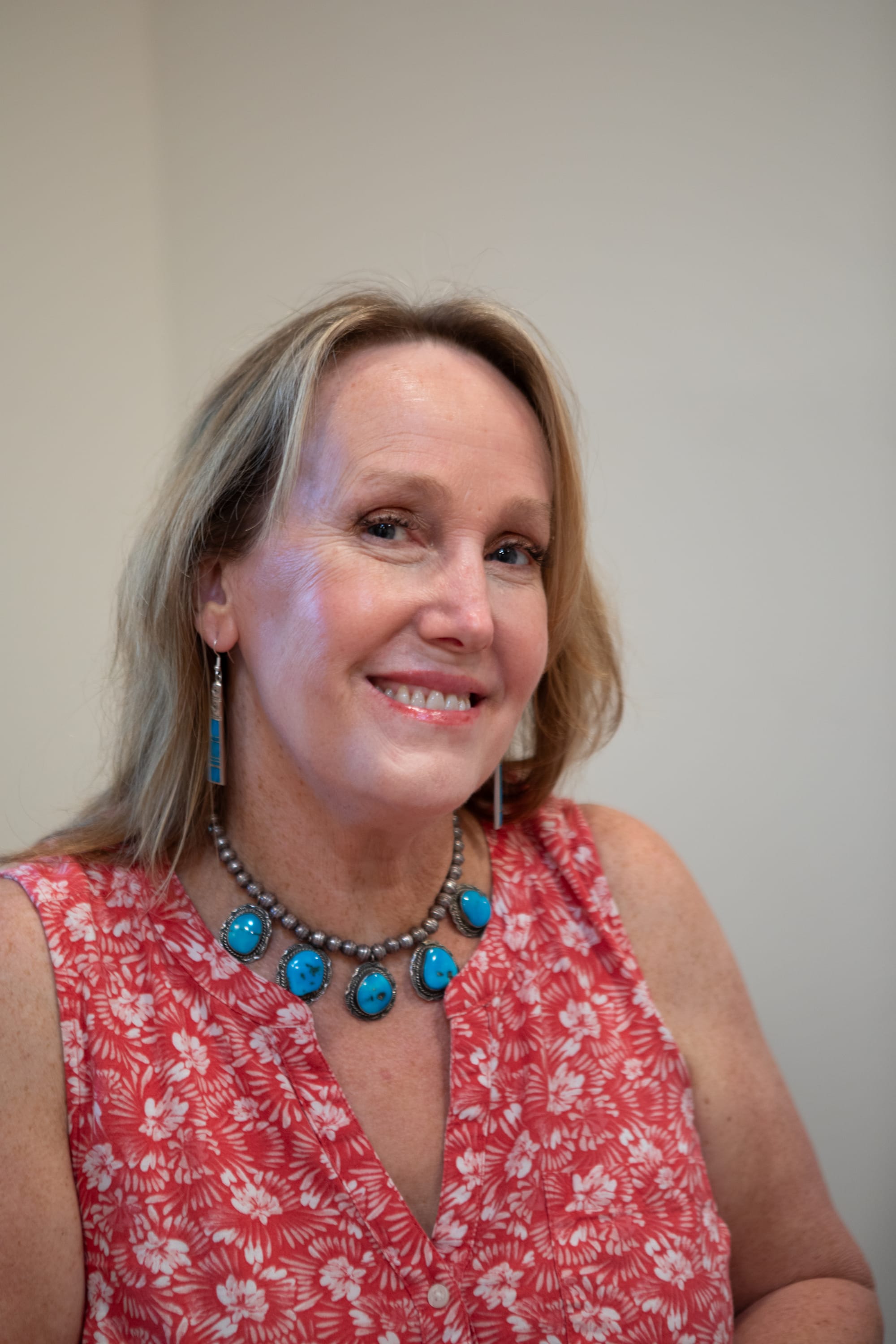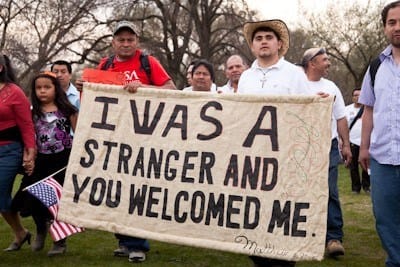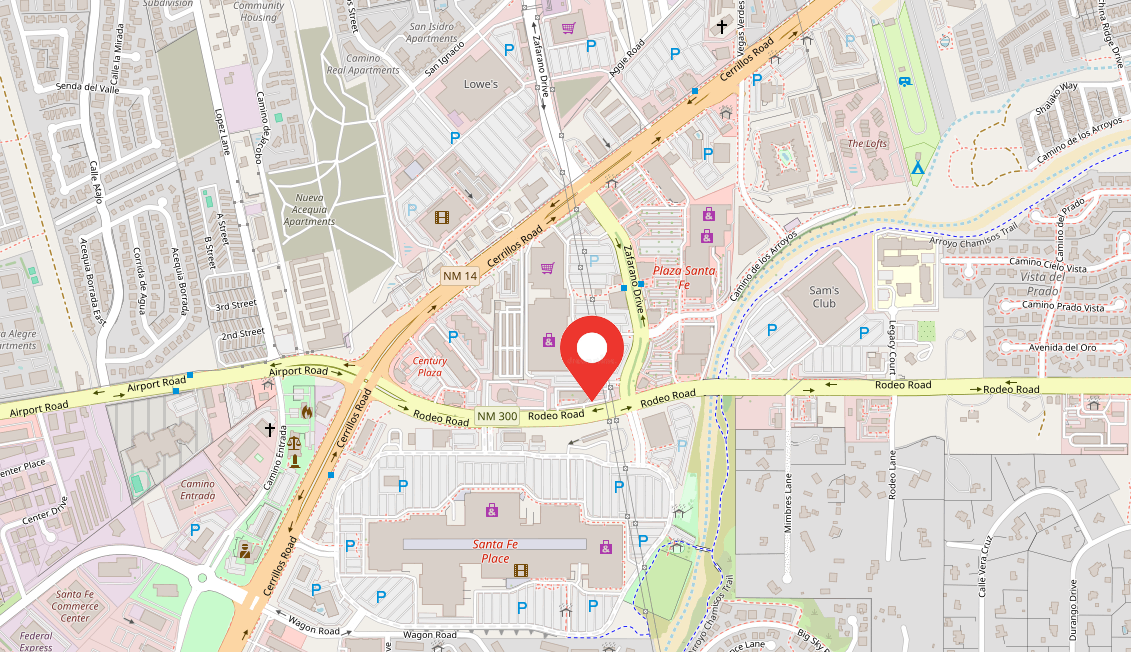Since 1976, Native people in the Four Corners have depended on KSUT Tribal Radio for news, music and Indigenous viewpoints on the world. A dozen years after its founding, the station became an affiliate of National Public Radio and American Public Radio, today serving 30,000 listeners of the Ute Nation in southern Colorado along with the Navajo (who call themselves Diné) and members of the Jicarilla Apache in northern New Mexico. Programs range from BBC News and All Things Considered to Native America Talking and Drum Beats in the Night.
KSUT also broadcasts emergency alerts for weather, natural disasters and missing persons; Indigenous women are victims of violence and disappearance at a higher rate than other populations. The system works. The Navajo Nation has issued eight amber alerts since 2018, all of which resulted in locating missing children. The FCC’s new MEP (Missing Endangered Person) Code, instituted just this year, will send notifications for adult women and others who do not fit the criteria for the Amber or Silver alert systems.
Now that programming is in jeopardy, however. On July 18, Congress defunded the Corporation for Public Broadcasting. As a result, KSUT will lose about $330,000 in previously allocated funding, totaling roughly twenty percent of the station’s budget.
In an August 1 statement announcing that the Corporation for Public Broadcasting was winding down, CPB President Katherine Maher observed that since its creation by a bipartisan act of Congress in 1967, it has offered “support for diverse voices, promotion of excellence and creative risk, and advancing service for the unserved and underserved.” Republican Senator Lisa Murkowski of Alaska called public radio “a lifeline for many of my small, rural communities.” Tribal Radio broadcasts to some remote areas with little or no internet or phone service.
KSUT Station Manager Tami Graham explains that the federal cuts especially hurt rural and tribal radio, both because so-called minority stations depend on public dollars for a bigger chunk of their support and because incomes are generally lower in regions like the Four Corners, with fewer wealthy donors than in urban areas. “We live in a literal news desert,” Graham told the Columbia Journalism Review. “In some places, we were the only connection people had to what was happening.”
Despite that, KSUT’s website banner declares that the station is “Defunded But Determined.” Business Manager Jonathan Hunt says the number of sustaining listeners has increased dramatically since Congress put tribal radio on the chopping block. Thirty thousand dollars have already been raised toward making up the lost revenue.
But that is only a fraction of what’s needed to bridge the gap. You can help support KSUT Four Corners Radio by becoming a member or by making a one time gift. Live in Santa Fe or elsewhere outside the Four Corners? You can still stream programs live with the KSUT App available in Google Play and the Apple App stores.
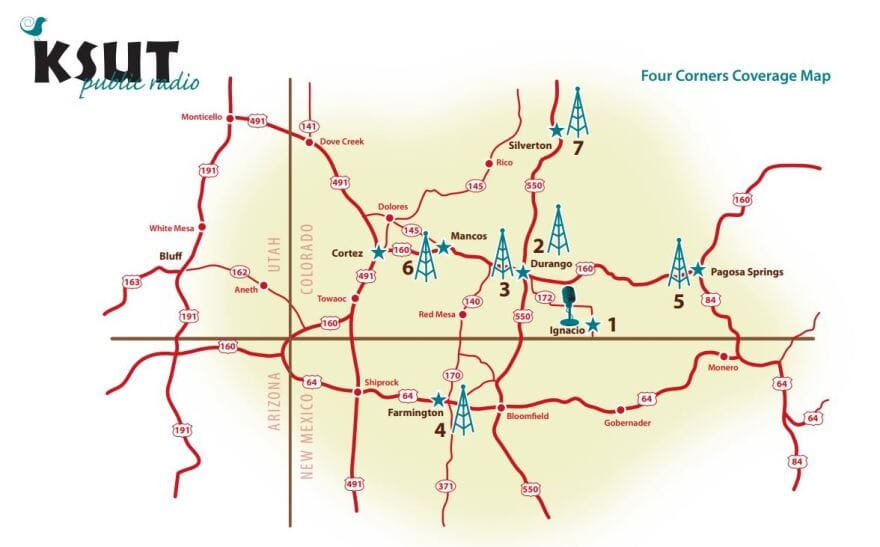
Even in this age of social media, over eighty percent of adults in the U.S. listen to broadcast radio each week. Yet almost all political and talk radio in the United States is dominated by conservative voices, according to the Center for American Progress. Your contributions to listener supported public radio ensure that balanced, unbiased news, reporting and commentary will remain on the air.


